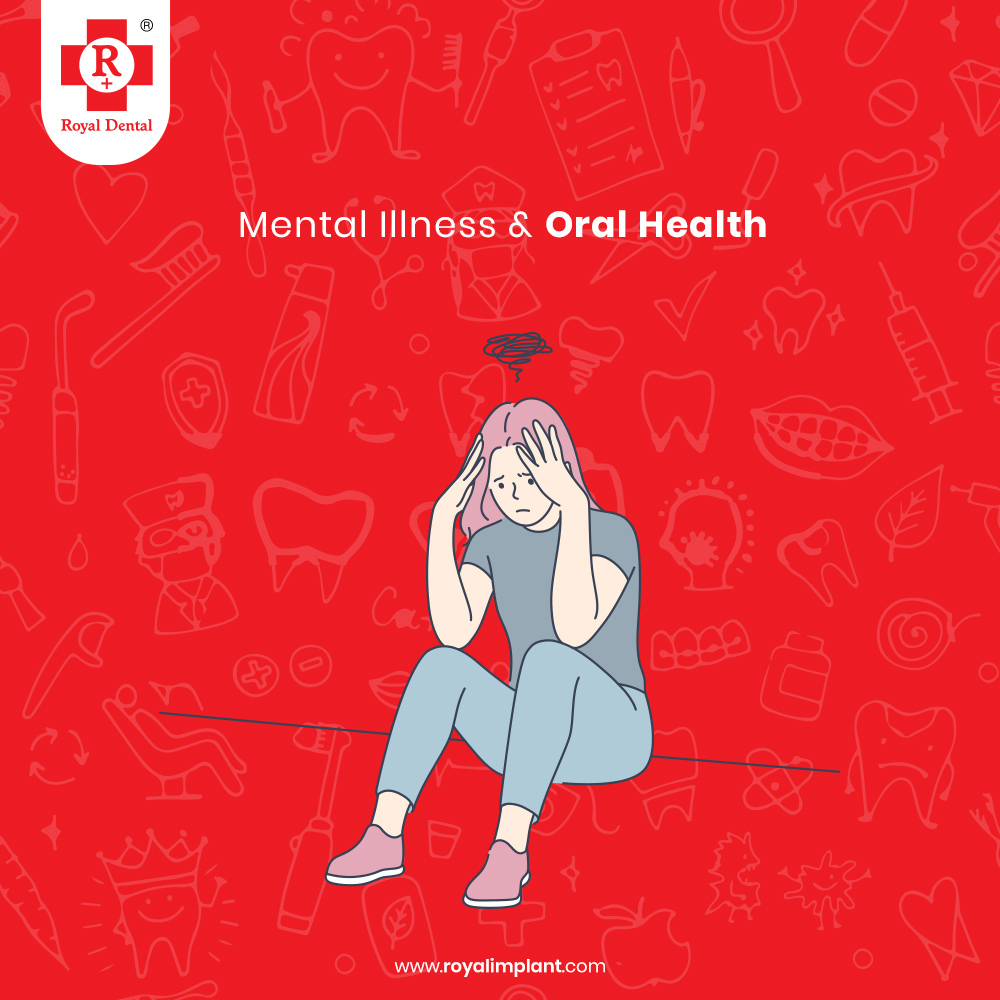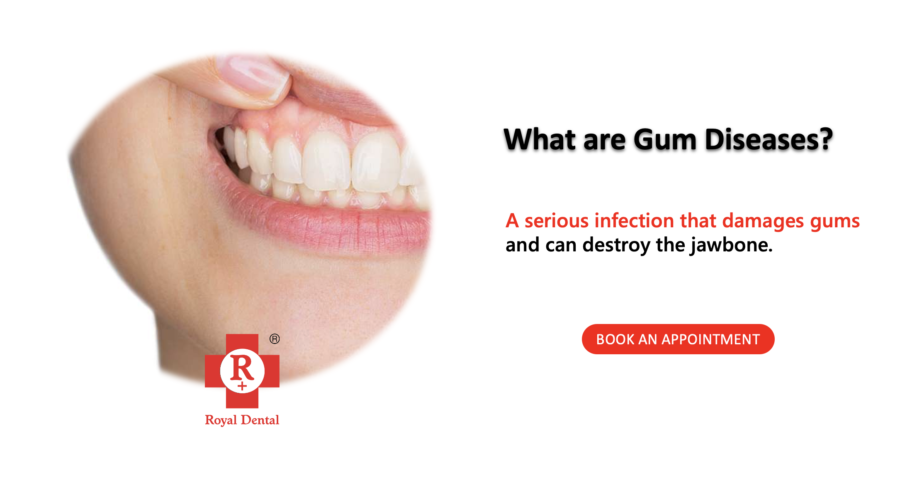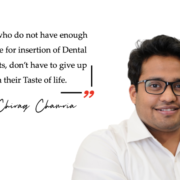People don’t give much importance to their oral health until and unless they face some major problems. We all are well aware of the fact that poor oral hygiene can lead to a variety of dental diseases, but who among us is willing to take measures to ensure we never face such issues? Fortunately, the human mouth is designed in such a way that we have several opportunities to keep it clean. This way, even though you cannot see your own gums, you can brush your teeth twice a day, floss from time to time and use mouthwash after eating spicy food. When all these things are practiced on a daily basis, you can avoid many negative effects that unclean teeth might produce.
Mouthwash helps to maintain Oral Health
If you are one of those people who do not floss their teeth, then mouthwash may be helpful in keeping your teeth clean and healthy. Mouthwash can be helpful in killing the germs that may be present in the oral area and can be helpful in reducing the amount of plaque and tartar buildup on your teeth.
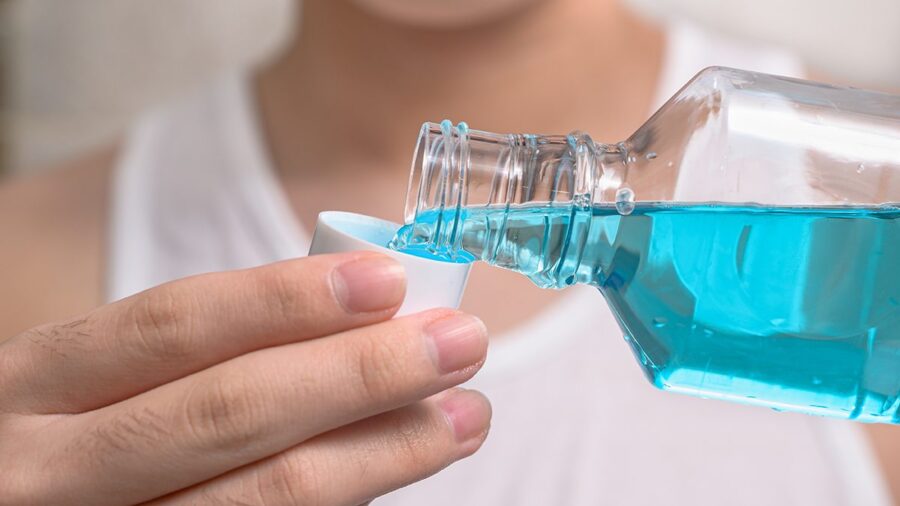
The Mouthwash contains antiseptics and can be helpful in keeping the bacteria that may lead to gum disease and cavities at bay. Mouthwash can also be helpful in removing any food particles that may be stuck in between your teeth. However, it is important to note that mouthwash does not have any impact on the accumulation of tartar on your teeth.
Dental Brushing helps prevent Tooth Decay
The act of brushing your teeth is designed to remove any food particles or bacteria that may be lodged in the crevices of your teeth. Brushing your teeth not only helps prevent gum disease but also tooth decay. Food particles lodged in your teeth can lead to bacteria and prevent your toothpaste from working effectively. Brushing your teeth twice daily is important because it removes plaque, tartar, and bacteria that can cause a variety of dental problems including tooth decay.
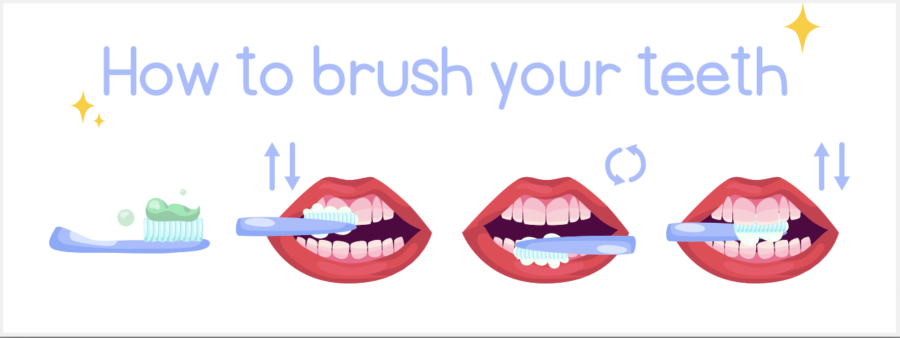
Additionally, brushing your teeth daily will help you maintain a healthy smile. Although brushing your teeth is important, it’s just as important not to brush your gums. Brushing your gums can lead to bleeding, irritation, and may even cause gums to recede.
Flossing is important as well for Oral health
What is the role of flossing? Flossing can help you remove the plaque between your teeth that toothbrushing isn’t able to get to. While brushing has the ability to remove bacteria, toothpaste, and small food particles, flossing is able to remove plaque by getting in between the teeth. Flossing can be helpful in preventing the buildup of plaque and tartar. The buildup of plaque can lead to cavities and gingivitis which may require you to see a dentist. If you notice that your gums bleed while brushing or flossing, it’s a sign that they’ve been injured and you should consult a dentist.

TIP: Use a humidifier in Shower
One of the most important aspects of oral health is preventing tooth decay. Unfortunately, tooth decay can occur easily if you’re not careful. The best way to prevent these issues from occurring is by using a humidifier in the shower.This can be especially beneficial for those who use hot water in the shower since the hot air will naturally remove more moisture from the air. Using a humidifier in the shower can help protect your teeth and gums from tooth decay.
Frequent Mouthwash usage
When you are brushing your teeth, you are removing surface-level contaminants. Mouthwash, on the other hand, has the ability to go deeper than brushing and deep within the crevices of your gums. There are times when bacteria may be present on your gums and not brushing your teeth may not be able to remove it. In such situations, mouthwash can be helpful in killing the germs and preventing bad breath. Mouthwash acts as an antiseptic, which means it can kill the germs that cause bad breath. This can be helpful for who don’t have the time to floss before bed or those who may have braces.
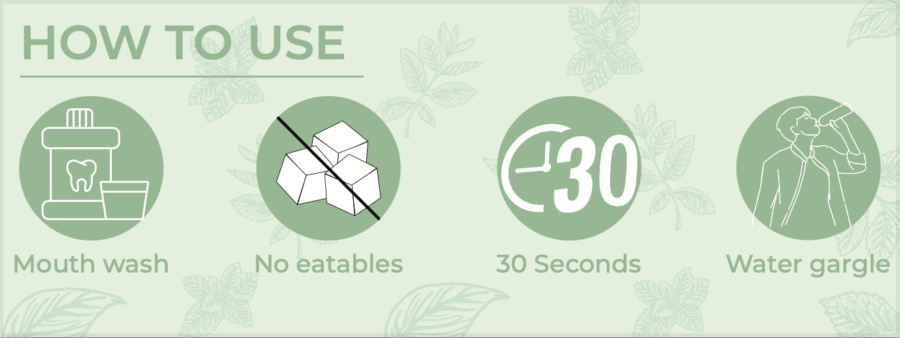
Gum Disease is common after 30
Gum disease is common among adults over 30 and can be a result of either poor oral hygiene or genetics. There are 2 types of gum disease – gingivitis and periodontitis. Gingivitis is the early stages of gum disease. If left untreated, gingivitis may develop into periodontitis.
Periodontitis is the advanced stages of gum disease and can lead to tooth loss if left untreated. Gum disease is easily preventable through good oral hygiene. You should brush your teeth twice a day and floss once a day. If you have receding gums, you should visit a dentist to discuss preventative measures against gum disease. If it goes untreated and spreads to your bones, it can be fatal.
Conclusion
The mouth is actually a gateway for bacteria and viruses that can enter the body. This is why it is very important to keep it clean and healthy. Poor oral hygiene can lead to a variety of dental problems, including cavities, gum disease, and bad breath. When practiced properly, oral hygiene can prevent these issues from occurring. Visit your dentist!
Follow Us For More Updates
